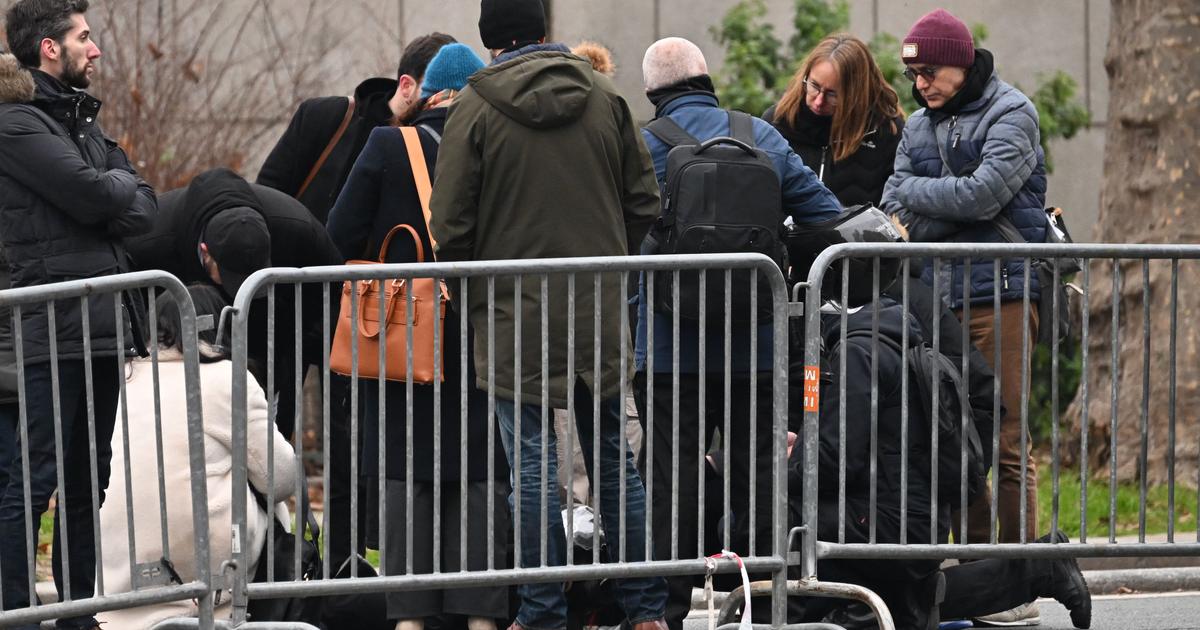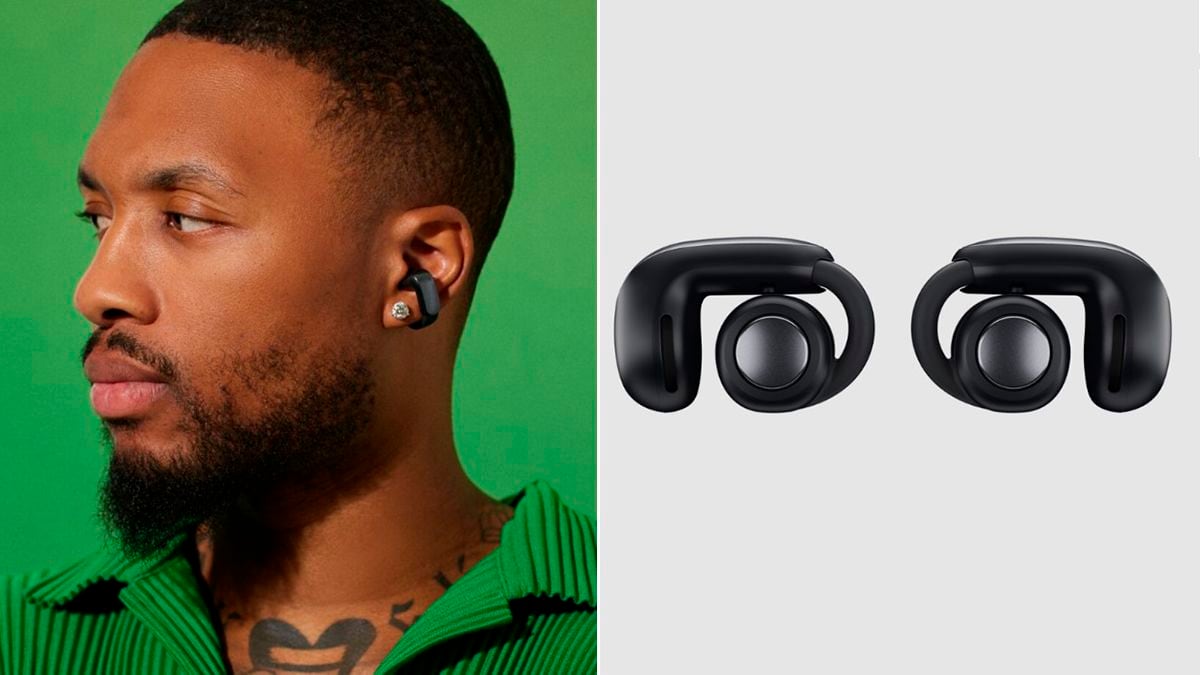A possible trial is approaching for the death of Amadou Koumé, during his arrest in 2015 in Paris: the prosecution requested in early July the dismissal of three police officers for "manslaughter".
On the night of March 5 to 6, 2015, the death of Amadou Koumé, 33, father of three children, was found at the police station after his arrest in a bar near the Gare du Nord.
The staff had called the police because of the agitated and threatening attitude of the thirty-something, obviously in the grip of a psychotic crisis.
The final medical examination concluded that Mr. Koumé had succumbed to "pulmonary edema" caused by "the association of slow mechanical asphyxia and cocaine intoxication".
She added that "the cervical and laryngeal trauma" caused by the strangulation had "participated in the occurrence of this asphyxia", also "favored" by its immobilization on the ground.
Read also The Defender of Rights criticizes the fatal arrest to Amadou Koumé
According to its indictment delivered on July 8, the prosecution considers, however, that the force used by the strangler "must be considered legitimate and justified" in the context of the arrest, marked by the "extreme resistance" of the victim.
A first crew had not managed to control this man of 1.90 m and 107 kg who was struggling in the middle of a panic attack.
An "abusive" choke key?
The prosecution has also asked to rule out for one of the officials the accusation of "fatal blows", punishable by assizes.
The final decision on the qualification of the facts will fall to the investigating judge in charge of this case, in which a member of the Anti-Crime Squad (BAC) is suspected of having improperly practiced a strangulation key.
He had lent a hand by carrying out a choke key of a few tens of seconds.
He was then handcuffed and resumed strangling for two minutes.
A gesture that he described in front of the judge as a simple "lifting of the head", consisting in pressing the chin and not the throat of Mr. Koumé, held on the ground on the stomach by another police officer.
The key to strangulation, a controversial technique banned from the gendarmerie but still practiced in the police, is regularly at the heart of investigations into the deaths of men arrested, such as Cédric Chouviat in Paris in 2020 or Philippe Ferrières in 2019 in Drancy (Seine-Saint-Denis).
In the Amadou Koumé case, the Defender of Rights had ruled in 2018 the use of this technique "neither necessary nor proportionate".
The policeman defended himself by invoking the urgency in the face of a "very significant risk" that Mr. Koumé, endowed with "Herculean strength", seizes one of the weapons of his colleagues present.
"I take responsibility for what happened"
“I should have been at 100% of my ability.
He should have been put in the side safety position in the bar and his state of consciousness should have been checked both in the bar and in the bus.
As a senior officer, I take responsibility for what happened, ”admitted one of the police officers before the investigating magistrate.
In November 2015, eight months after the death, the investigation carried out by the General Inspectorate of the National Police (IGPN) ended with a classification without follow-up.
But an appeal from the family had led to the reopening of the investigations in June 2016. Joined by AFP, the lawyers for the two parties were not reachable or did not wish to react.















